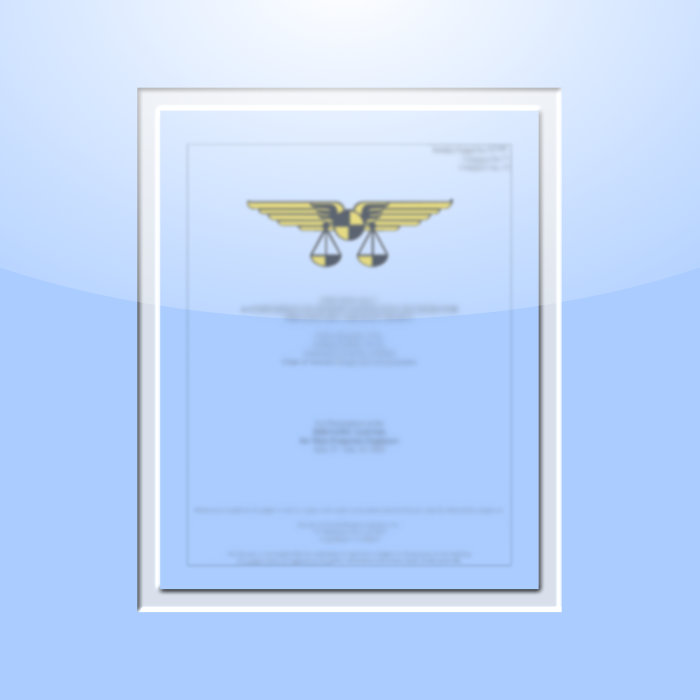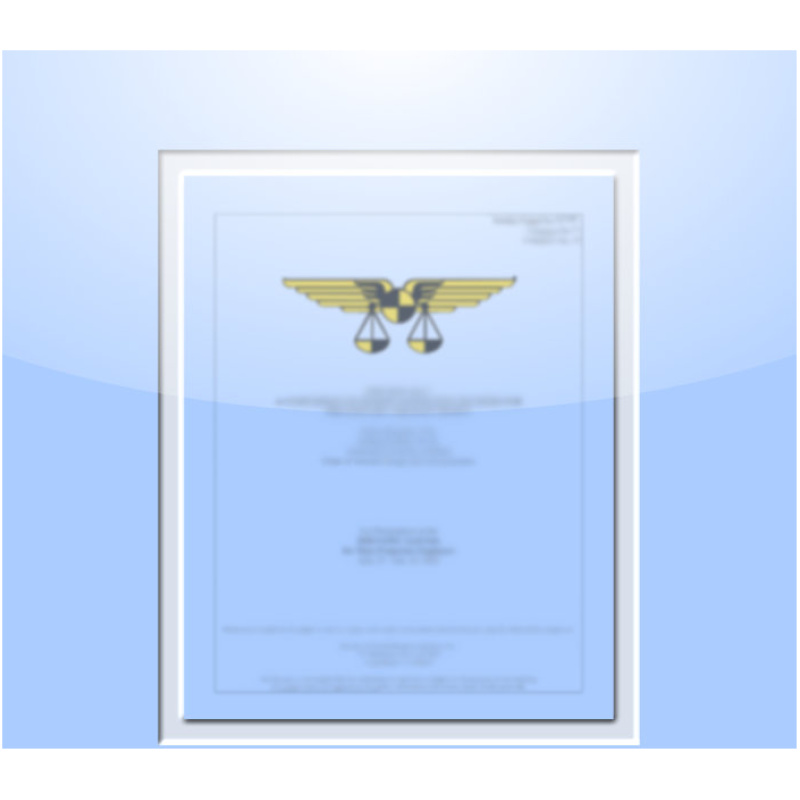
3237. Obtaining Optimal Results with Filar Pendulums for Moment of Inertia Measurements
$20.00
SAWE Members get a $200 store credit each year.*
*Store credit coupon available at checkout, click the button in your shopping cart to apply the coupon.
Not applicable to SAWE textbooks and current conference technical papers.
Paper
Abstract
A common experimental problem in engineering is determining the mass moment of inertia (MOI) of a non-homogeneous rigid body with complicated geometry, which does not lend itself to analytical methods. In recent years the labs at Lockheed Martin Aeronautics Company-Marietta (LMAC-M) have developed improved methods for MOI testing. Initially, a quadrifilar pendulum was built. This apparatus produced quick MOI test results with accuracies as good as 1-2% for objects with large MOI, but only 5-7% accuracy for objects with a small MOI. A requirement for improved accuracy on a recent program provided the incentive to ensure better-than-1% accuracies. Initially, it was believed the existing ?simple? theory on filar pendulums, available in the engineering texts, was inadequate to produce the desired results. A higher order solution was developed. Hardware improvements were made. The existing simple theory was reviewed rigorously, and an exhaustive investigation of alternative analytical methodologies was conducted. Finally, refinements to the measurement process were implemented. In the process of identifying a superior solution, the existing textbook simple theory was validated, based on a certain criterion. A concept for treating viscous damping analytically, and hence windage effects, was developed, but not proven. The latest generation MOI test capabilities developed at LMAC-M, which guarantee better than 1% accuracy, are the filar pendulums. Testing with these pendulums is done with little to no fixturing, enabling high accuracy, low cost, quick turnarounds. These pendulums are designed for a class of test objects with not-to-exceed weights and dimensions that do not produce significant windage effects. Though this project utilized the trifilar design, these refinements could also be used for bifilar and quadrifilar configurations.


